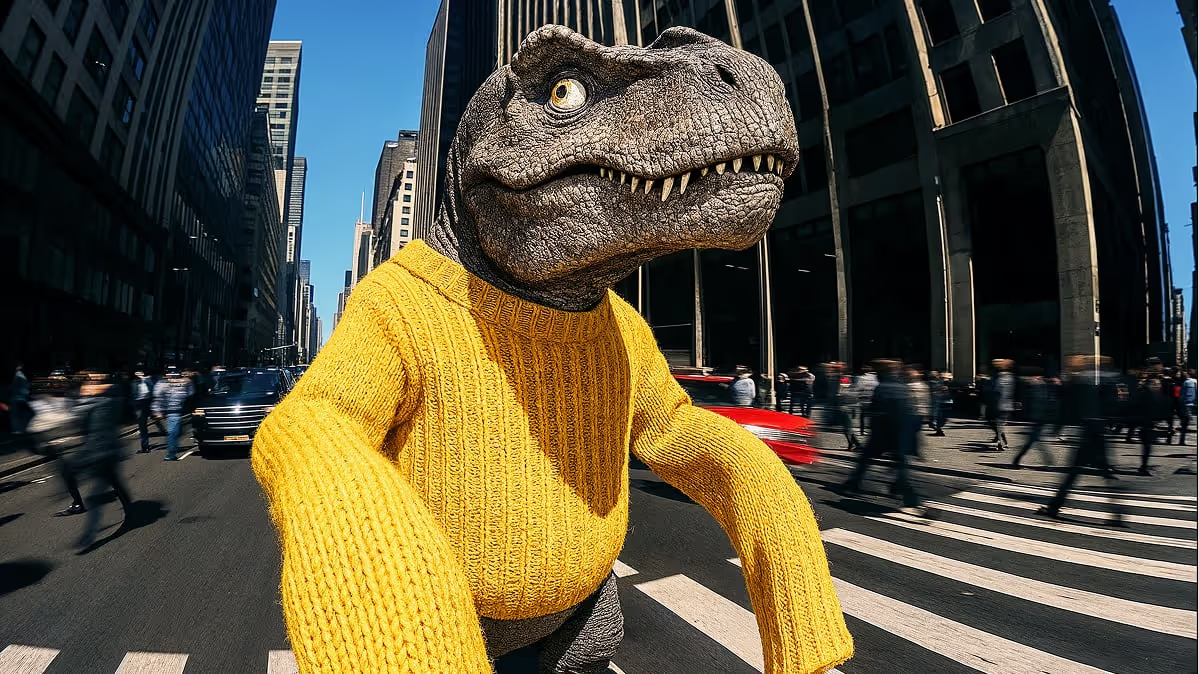
Creators in the Headlights: When Big Media Shifts Gears


Most of them build channels with perfectly pure intentions. They’re not in it for the money, mannn. They’re in it because they care about what they’re doing.
For that reason, their content crushes, people subscribe, they fall in love, and careers are made…

What happens after ain’t all that surprising. A firm buys the channel.
With this new money comes a new focus, new corporate "guidelines," and then, all too often, it sucks.
Pardon my Italian.
Middle managers don’t care about passion; they want to maximize dollars. They want to make content on the cheap or focus solely on what they know will get clicks.
This leaves those original visionary creators bummed out, so they split to do their own thing, leaving their former garden a barren husk of itself. And this keeps happening.
But it certainly begs the question: If you, my curious creator friend reading this, ever got the chance… What would you do?
Please allow me to tell you the not-so-sweet story of Donut Media.

Some would call it a cautionary tale of doing business; others would say it’s just how business is these days. Whatever version you believe in, being a creator with a big channel ain’t all roses.
But First: Remember It’s A Schizoid Media Landscape
From radio to print to Hollywood, every traditional mode of media consumption has been flipped on its head (or outright murdered).

newspapers are dying (if not dead), and the movie industry begs people to hit the theaters, complete with explosions and CGI skeletons, and that’s about it.
Traditional television amounts to a fraction of what it once was.
How we consume media and what entertains us is not the same as it was even five years ago.
Big Media has lost its chokehold on the way the world pays attention to things.
Sure, we'll probably always have television shows, but the days of everyone knowing the same pop culture references are now a thing of the past.
Why? What’s changed?
Mostly that back in the day, you needed a budget and a crew; now all you need is an iPhone and decent data plan. And because of that simplicity, a lot of successful videos have sprung from the content well.
For the most part, there is enough free content on the Internet these days to fill your eyeballs a billion times over.

A Case Study (with Sprinkles): Donut Media's Corporate Takeover

Yes, the creators — who after years of pure blood, sweat, tears, and motor oil — handed over the proverbial keys. And now, those keys fire up a new engine that sees them more as a clock-punching employee rather than the “creator” who helped dream up the ideas that made the channel a success in the first place.
The owner of the channel and the creator may not be the same person — that’s a big distinction that needs to be made.
When someone owns a popular content channel, they can, and many times will sell out while the brand is red hot. Now, those creators acting as the face of the channel? They may be just getting paid weekly like an employee, but have no financial stake, another important thing to consider.
That kind of change is a hard pill to swallow considering that for a lot of folks becoming a paid creator is a dream, a chance to make content based around topics they love instead of just “doing their job.” So when a creator leaves a channel, it’s not like just finding a new job, it’s taking a risk.
Donut is a cautionary tale because it shows that even if you’re an established persona with a huge platform, that all can change when money and contracts are involved, and what’s more telling is that when the majority of the talent roster bails, something isn’t going great behind the scenes. 😬
These losses aren’t small potatoes, either, considering this content monolith is creeping close to nine million subscribers. What it does mean is that Donut can do its best to create new stars in their world, but at what cost? The old creators are splitting the difference on viewership and the new faces may not generate the same amount of revenue as the parent company would like. This places everyone in a difficult position, with outcomes potentially in an “only time will tell” situation.
Clicks, Clicks, Clicks
Do you know what most media companies would do to have the kind of viewership Donut Media has in this knife fight of a goldfish-attention-span landscape?
Hoonigan and Full Throttle, two of the other massive names in the automotive video space, similarly saw most of their recognizable brand faces hit the bricks, too. (Neither of these imprints are as bold as Donut with their content, but Hoonigan and Full Throttle both have viewerships in the millions, as well.) (More on Hoonigan later.)
As you might expect, having read the introduction there: Donut was acquired by Recurrent Ventures, a company with a strong focus on e-commerce and maximizing profitability.

scoop up properties with big names and cram them into the digital world; names like Popular Science, MEL, Domino, Outdoor Life, and Saveur.
This acquisition meant that the creative team behind the (figurative) wheel wanted to go in a different direction. The shift in priorities led to decisions that creators felt undermined the channel's original spirit.
Longtime contributors like Tiernan Armstrong, a media producer for the channel, dropped a video explaining his departure. But so did the others, too. It was rumored that there was increasing pressure to produce content prioritizing ad revenue and product placements, which many creators felt stifled their creativity.
Put It In Reverse: the YouTube Revolution

This allowed creators to monetize their videos through ads, memberships, Super Chats, and more. To join the YouTube Partner Program (AKA “YPP”), creators must meet certain eligibility requirements, such as having at least 1,000 subscribers and 4,000 watch hours in the past 12 months.

In this new world of niche-heavy online media, the rabbithole is now endless. If you want to learn how to make a meal for your picky kids with whatever you've got in the fridge, there's a platform for that, but the same is true for basically everything — especially automotive video.

But, like all things, it's cool ‘til it ain't.
The Corporate Squeeze
As Recurrent took the middle out of Donut Media (obviously, pun intended), the priority shifted clearly toward e-commerce and referral links.
This model was a big deal for traditional media companies that were online, such as VICE, Playboy, or Esquire; this was how staff was paid.
But that model hasn't worked since Google changed its algorithm to demote affiliate links, limiting a humungous source of revenue for many creators.
Recurrent made a deal with private equity firm Blackstone to the tune of about $300 million to buy up more properties. Recurrent had to make up for some big swings, shave off some staff and costs, and ensure the content it created got those precious clicks.
The Creator's Dilemma

They are beholden to no one because they, as individuals, are the brand, not the channel.
That's the important bit.
Many YouTube channels have become a team effort. They have grown into full-time shows that equal the same production value as anything on Discovery back when they showed stuff that was actually rooted in science.
As new corporate overlords at Donut cut and slashed their way to keep the company profitable, creators like Jeremiah Burton, Zach Jobe, and James Pumphrey realized that despite their significant contributions to Donut, they didn't own what they were building.
This lack of ownership and control over their content was a critical factor in their decision to bounce and start their own channels, where they could have total creative freedom and control over their work.
The Industry Perspective
Mike Vannelli, Creative Director at Envy Creative, had thoughts about how automotive content is just one of those things that will keep going, regardless of who's hosting it or not: "The evolution of digital content is driven by personality and community, so it's natural for hosts to become brands in their own right.
“When companies like Donut Media see their hosts leave to start their own channels, it's not just okay — it's a testament to the strength of the brand they've built. These departures often create a win-win situation: The original channel retains its loyal following while fresh faces bring new energy, and the departing hosts take with them a portion of the audience, who now has a new place to engage.
“This cycle fosters innovation and keeps the ecosystem vibrant. In the end, the industry thrives on this fluidity, ensuring there's always room for new voices and perspectives."
Katherine Cartwright, Principal at Criterion Global, had thoughts on Donut: "Changes in media ownership might be caused by many reasons, but we've got an economic environment where independent hosts can easily monetize their work (via YouTube) and decreased dependency on the organizational infrastructure afforded by a networked media sales entity (Donut Media). If they have an audience, there's potentially more cash to be made as an independent. This means that M&A for firms like Donut are less likely to carry huge premiums, unless of course they have long term deals in place with hosts. We live in a world where Alex Cooper just signed for $125M with Sirius."
“Every creator has that goal in mind, and auto is a brilliant growth category for advertisers like me looking to target a male viewership in a brand safe context."
Another Case Study: Hoonigan

Their videos, full of wild car stunts and all things motorsports, had a massive following. Ken Block himself was a huge part of why the brand was so popular — he brought this authentic, no-bullshit vibe that landed with car enthusiasts.
When Wheels Pro decided to acquire Hoonigan (for a ton of money — how much isn’t publicly disclosed) and rebranded the company around the Hoonigan name, it raised eyebrows. Ken Block tried to reassure everyone by calling it more of a "merger" than a buyout, implying he’d be involved and guiding the brand. But, of course, whenever something like this happens, fans worry that the brand they love would jump the shark, meaning they felt the content might have lost its authenticity under new corporate ownership.
Even though Hoonigan cranked content out and their videos were still getting plenty of views, it wasn’t the same. Then, in early 2023, Ken Block tragically passed away, which was a huge blow to the brand and its community. Block was more than just a co-founder — he was the face of Hoonigan, and his influence was a part of everything they did.

Remember the phrase “cautionary tale” — that’s where Donut is currently. When Wheels Pro bought Hoonigan, almost the entire roster of talent hit the bricks. The channel's main faces like Vin and Zach each dropped videos explaining the soul of the company was just different and not what they created with Block.
So with Donut Media, people are still watching the videos, but will the brand go down the tubes like Hoonigan? That’s a big “if,” considering as the talent leaves, does the Donut empire stay on point, or does it pivot toward more and more “sterile” videos meant to just get clicks? Really, it comes down to the passion of those who made this thing work in the first place, but now, their passion for the brand has left because the ownership is just too concerned with the dollar and not the love of the game. Hoonigan is pretty clear on that, so now it’s Donut’s turn to get a bite taken away.
I'm a bargain
($1001 - $10,000)
0%
I have my dignity
($10,001 - $50,000)
0%
I am insulted you asked
($50,001 - $100,000)
0%
Never
($100,001+)
0%
The Road Ahead for Creators
Recurrent didn't buy Donut because they wanted to tank it. Obviously.
The videos are still widely popular.
People are still watching the content. It's also easy to understand the creator's point of view. Considering what was said earlier about the self-made cooks shooting content in their kitchens, they're the brand. These creators are the face of a team that is part of a larger machination. They don't own a piece of the business. And if their name is big enough, they can strike out on their own and build the brand on their name.
It's an old marketing thing, constructing a "moat" — the content is the castle. Can what we've built ward off others trying to copy the sauce or outdo what we do? For the creator, it's a matter of asking: Are they interested in me as a force or the channel for what it represents?
Navigating the Content Highway

If you’re someone vested in a channel that’s a team effort, it might be prudent to have hard conversations about your role and where you belong should a sale happen, and probably get everything in writing. It’s not an attack on the brand’s culture if you want to know where you stand. What you’re doing right now could be instrumental in the sale of the brand, and it’s 100% in your best interest to ask what’s up.
While corporate acquisitions can provide resources and reach, they often come at the cost of creative freedom and control. Sure, corporate backing can bring resources, reach, and even a little bit of polish. But stay wise to the game — use what they offer without letting it water down your creative juice.
For creators, the key is to remain adaptable and to always keep sight of your original vision. Whether working within a larger channel or going solo, crafting a strong personal brand and engaged community can provide a safety net against corporate turbulence.

First things first: Your brand is you. Remember that. Period. Your voice, your vision, your weird and wonderful ideas — that’s the special magic. No corporate overlord can strip that away from you (unless you hand it over). So, keep creating in your own unique way because that’s what your audience fell in love with in the first place. If the suits don’t get it, that’s their loss.
Don’t put all your eggs in one channel. If the Donut Media story teaches us anything, it’s that you need multiple streams of content — YouTube, TikTok, Instagram, podcasts, newsletters, whatever works. Think of it as a content insurance policy. If one door closes, you’ve got ten more windows open.
As the industry continues to evolve, one thing remains clear: Authentic, passionate content will always find its audience. The challenge for creators is to find the right vehicle to deliver that content, whether it's a corporate-backed channel or your own independent platform.
If the force of the creator is strong enough, the move to start a new brand that'll get subscribers will work. But, if you're a creator working with a channel, you might be looking for an exit, whether it be a payday, a partnership, or because you liked the content you were creating. The most successful creators are those who aren’t afraid to bet on themselves. You are your greatest asset, and if that means starting fresh on your own channel, so be it. The platforms are there, the tools are in your hands, and if you’ve got the passion, the audience will follow.
Whatever the case, even the Internet has no shortage of moneyed orcas looking to take down the boats of content creation — even if the intentions are good. In this new era of digital content, the most successful creators will be those who can navigate these choppy waters while staying true to their creative vision. After all, in the world of content creation, it's not just about the destination — it's about the journey. (Beep beep.)
Read on:


All
Artificial Exploitation


All
She Sold her Bathwater, but You Drank it
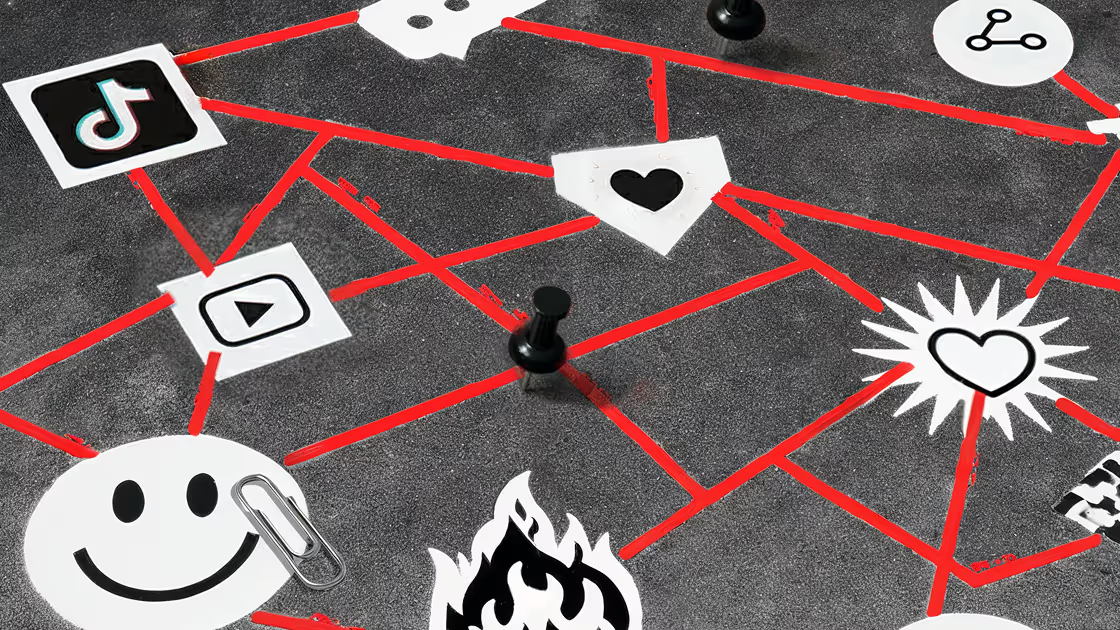

All
CRIMINAL INVESTIGATION REPORT: THE GLEEFUL DEATH OF TRADITIONAL MARKETING
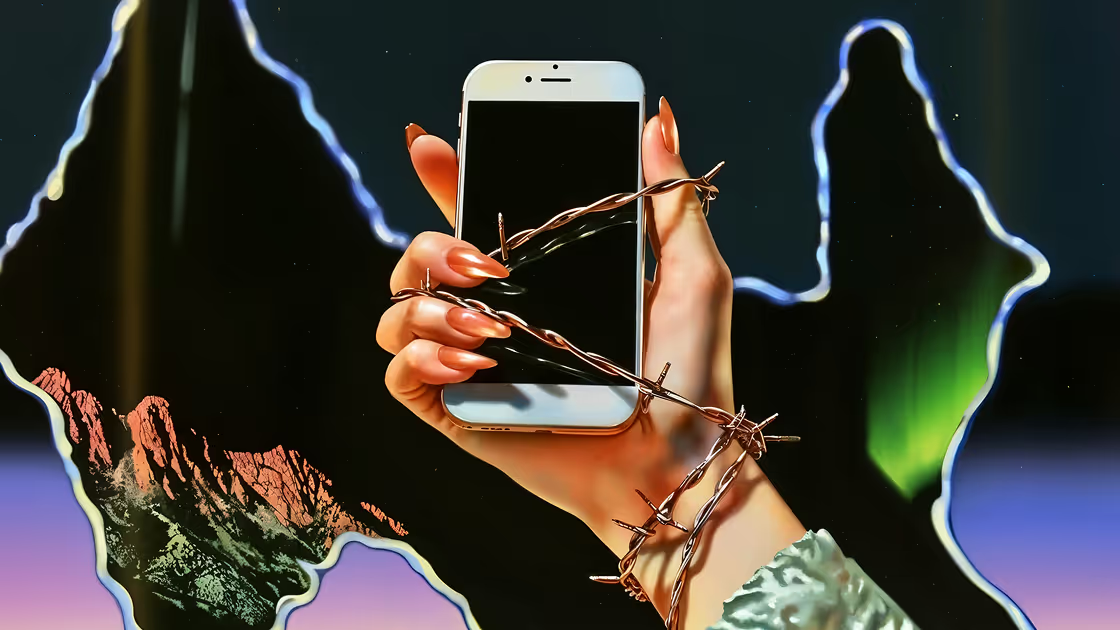

All
Hot Takes, Typos, and Total Chaos: The Secret Tactics Driving Online Engagement
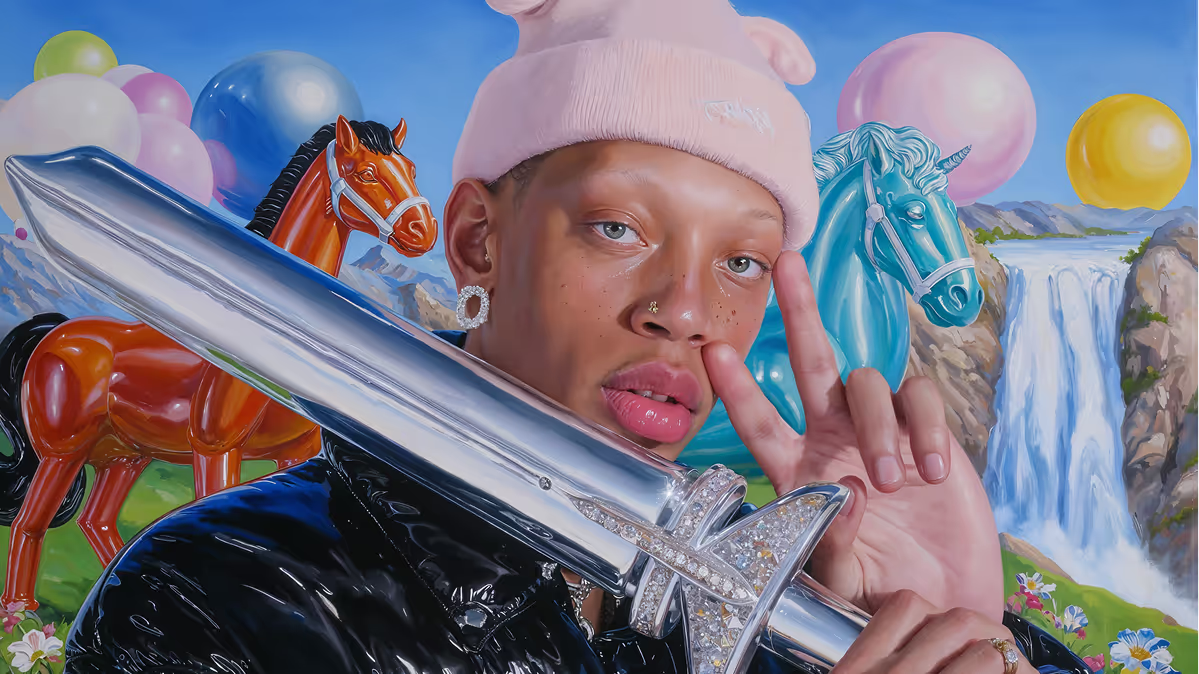

All
THE DEATH MARCH OF HYPERCOLOR BALLOON SWORDS
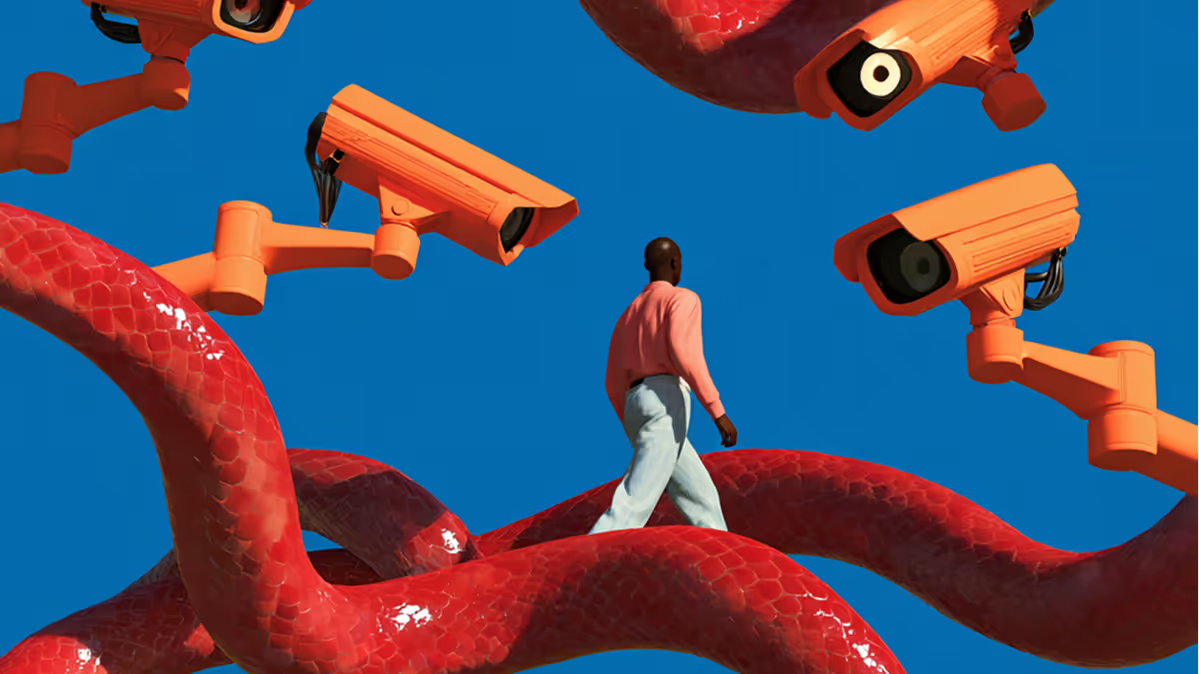

All
“They’re Watching Me”: Gang Stalking, Internet Delusions, & the Modern Mindf*ck
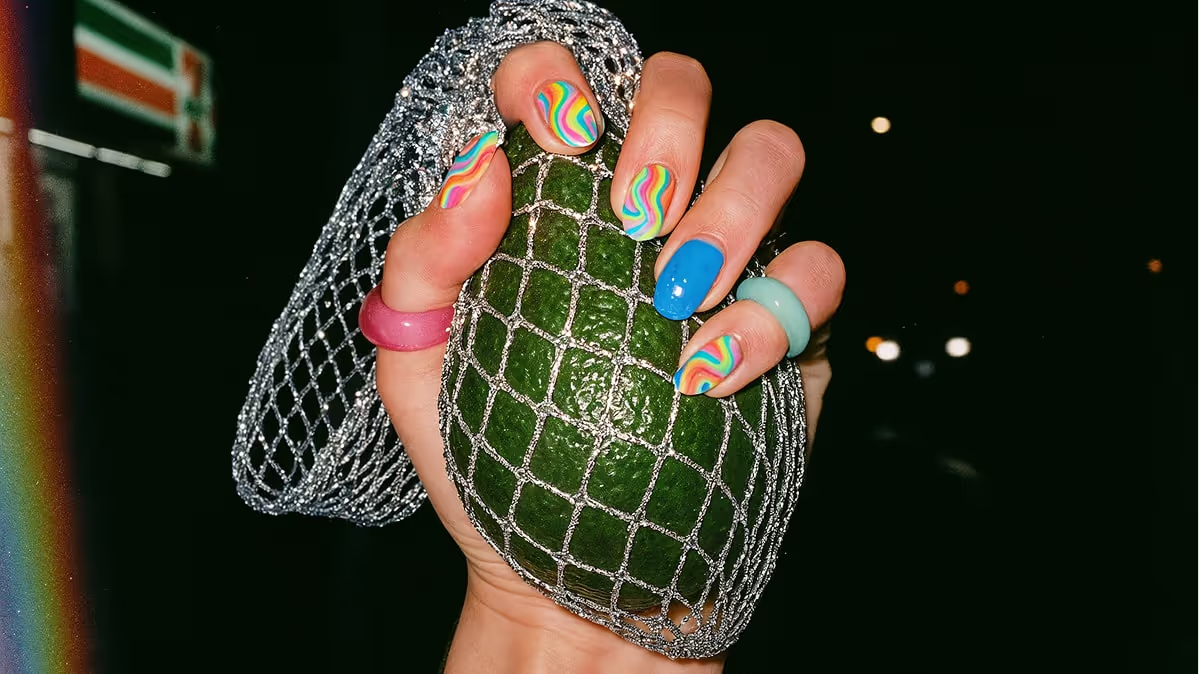

All
The Unripest Avocado: Nicholas Perry and the Dangers of Audience Capture


All
Branded Since Birth


All
How to not be a shitty affiliate seller, a talk with So_Narly


All
Parasocial Profit: The Unethical Underbelly of Affiliate Marketing


All
Stitch Incoming: Annie Stafford, Niche, and the Future of Fashion


All
Step right up!


All
Cooking Up a Social Media Empire


All
Right & Wrong Reasons to Expand


All
Have Influencers Peaked?


All
What’s Your Creator Fortune?


All
Mercy Kill Your Online Persona


All
Still Posting Post-Death


All
Cardboard Pizza: The Deadly Art of Losing Your Social Media Credibility


All
From Mr. Beast to Mr. Least?


All
Robots & Red Lace


All
Parental Discretion (Still) Advised


All
It’s 2024 and — Wait, Email Doesn’t Suck?


All
What’s a like on Instagram ‘worth’ in 2024?


All
A crash course in "crash course"


All
Speed sells: Why it’s important to respond lickety-split
© 2026 Manychat, Inc.
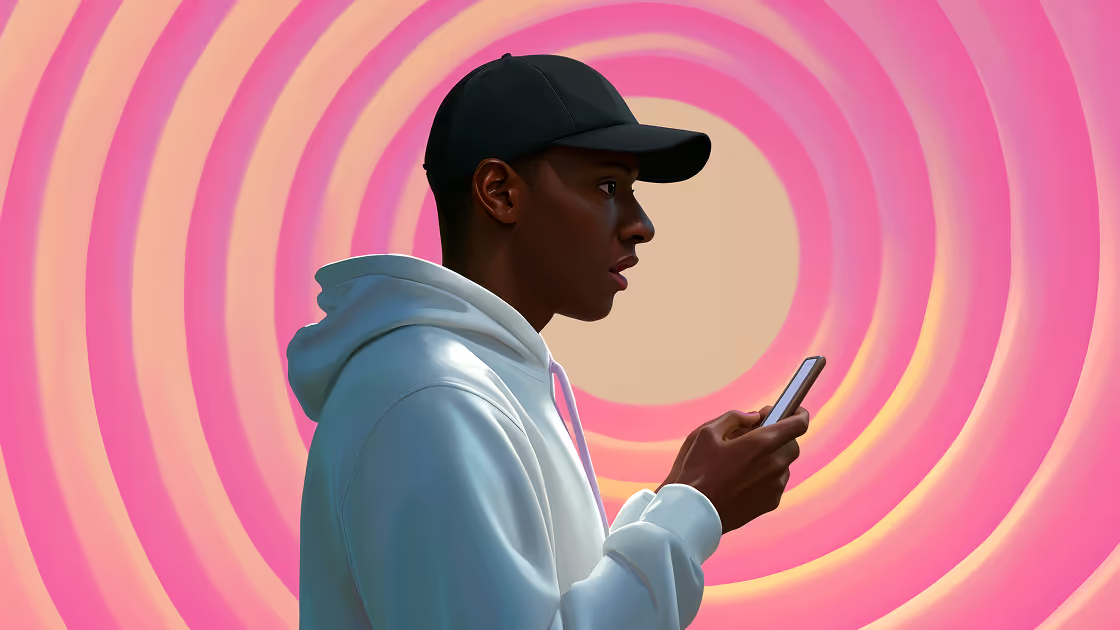


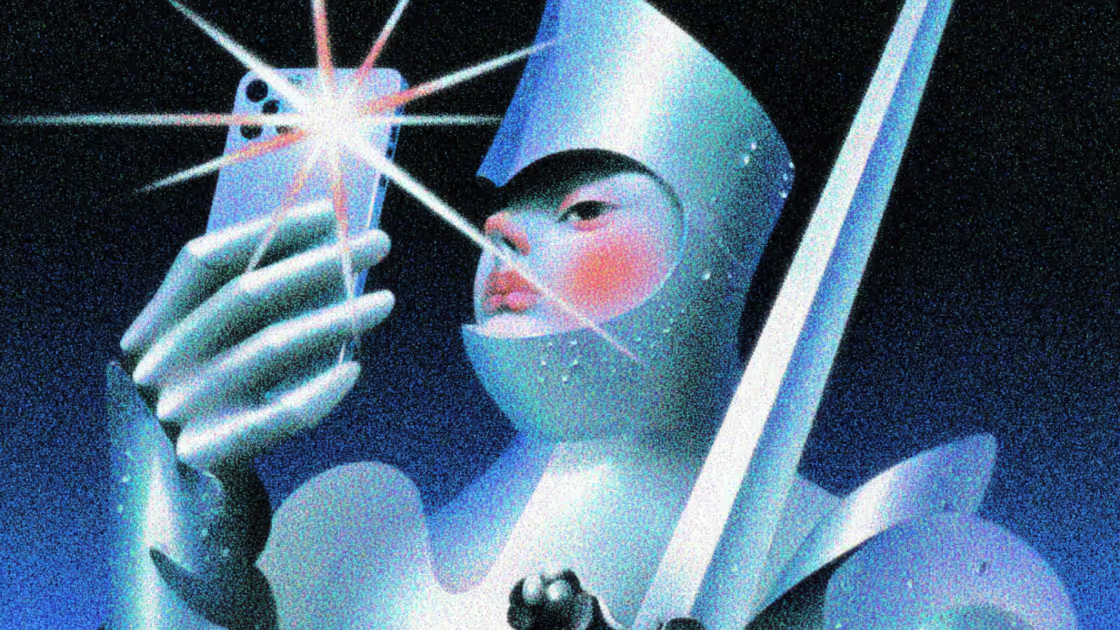
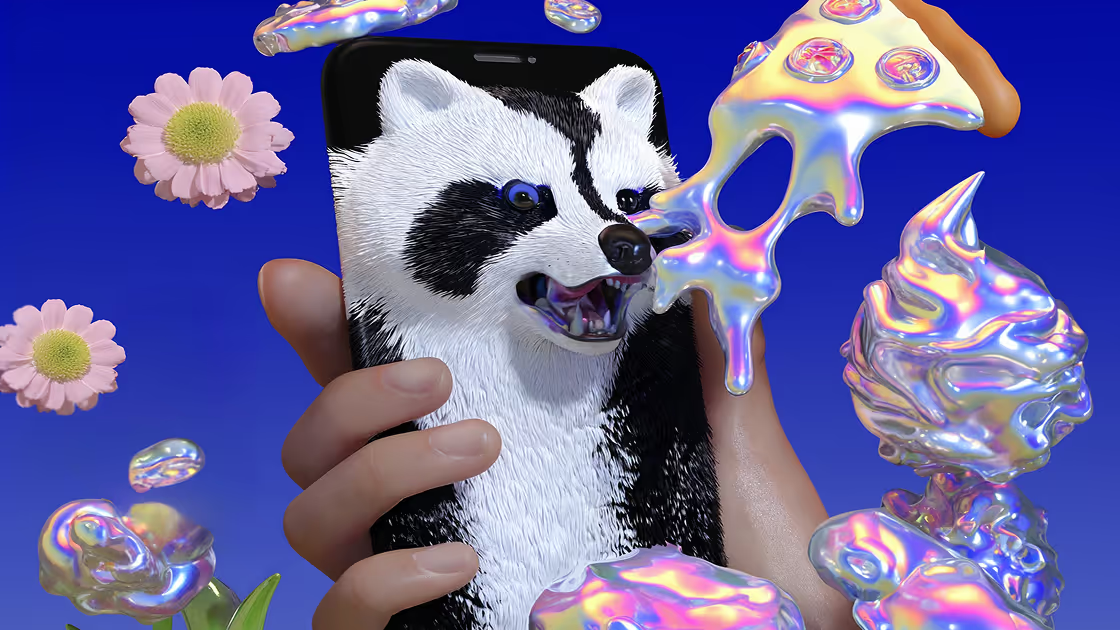

.avif)
